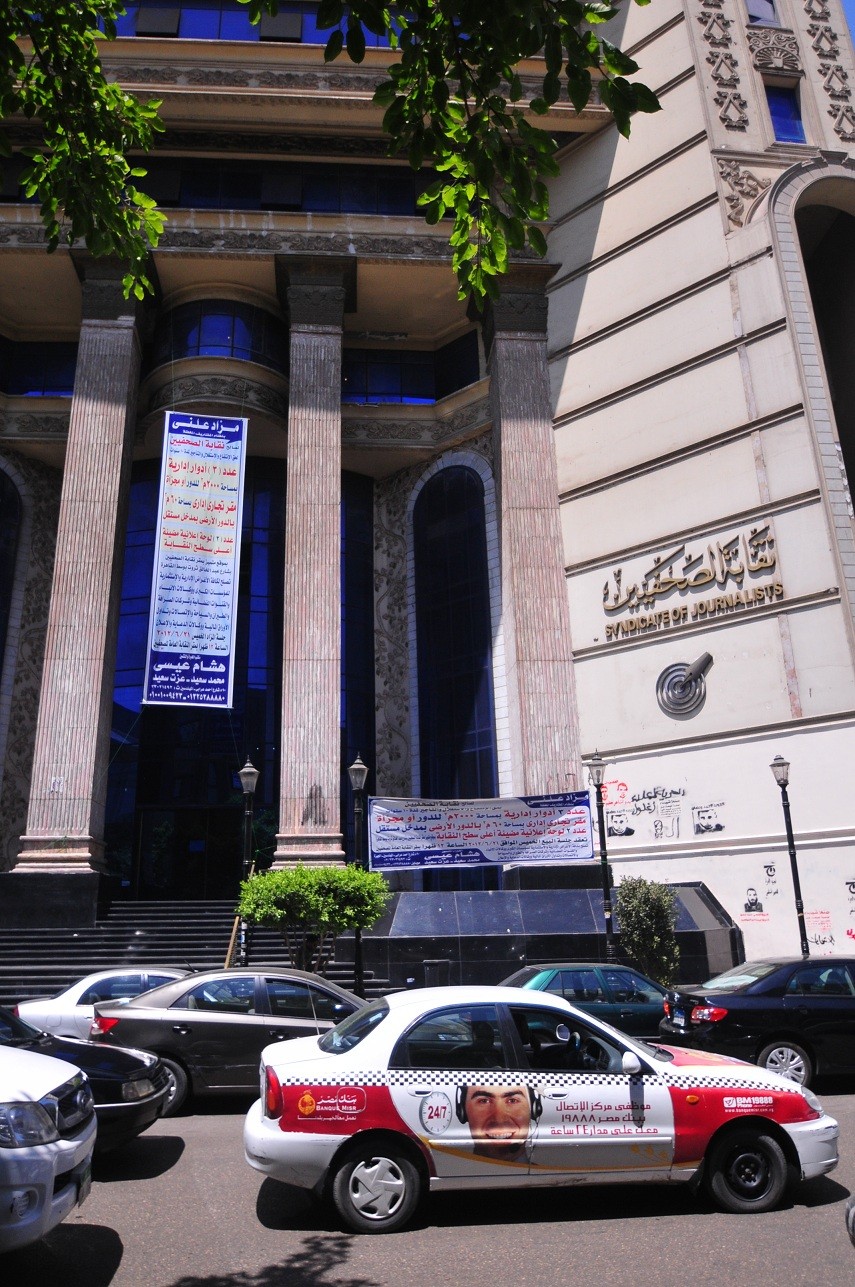The Ministry of Transitional Justice and National Reconciliation’s supreme advisory committee agreed on Sunday on the necessity of amending the law which governs the process of granting the Egyptian nationality.
The supreme advisory committee held a meeting, headed by transitional justice minister Mohamed Amin Al-Mahdy, to look into law number 22 for the year 2012, which governs the process of granting nationality.
Law number 22/2012 states that providing a birth certificate or any documents granted by the state, such as the national identification card or the military service certificate, is enough proof to grant an individual the Egyptian nationality.
The committee agreed to amend the law by removing this clause in order to “preserve the Egyptian state’s components and protect it from any foreign intervention”, reported state-run news agency MENA. The committee reportedly described the new law as “flawed” and added that it granted many non-Egyptians the nationality during former president Mohamed Morsi’s reign.
The committee proposed that when the law is amended, all those who gained nationality under the law would have it revoked, reported MENA. It nevertheless added that any benefits those new nationals had reaped as Egyptians should not be reversed.
Mohamed Farouk, lawyer at the Arab Network for Human Rights Information (ANHRI), stated that amending this law in a manner which cancels the new regulations for granting the nationality would be harmful. Farouk has worked on court cases which aimed to revoke the Egyptian nationalities of Nobel laureate Mohamed ElBaradei and ousted president Hosni Mubarak’s son Gamal Mubarak.
“It would be better if the committee amends the law in a manner which limits the new regulations instead of cancelling them altogether,” Farouk said.
Farouk stated that until the law was issued, Egyptian nationality was only granted to those whose fathers held an Egyptian nationality. The law widened the scope of those entitled to an Egyptian nationality; it was granted to those whose mothers, or even maternal grandmothers, held an Egyptian nationality.
“The committee could add regulations to limit this scope,” Farouk said. “They can, for instance, prevent those whose maternal grandmothers hold an Egyptian nationality from being granted one themselves.”
Farouk stated there are legal methods to resort to in order to revoke the nationality of those deemed “undeserving”. Those methods, Farouk said, should be used to instead of cancelling the law.
The supreme advisory committee also highlighted the importance of issuing a legislation to “preserve children’s national belonging”, MENA reported. It stressed the importance of respecting the Egyptian flag and national anthem by Egyptians and foreigners alike.


